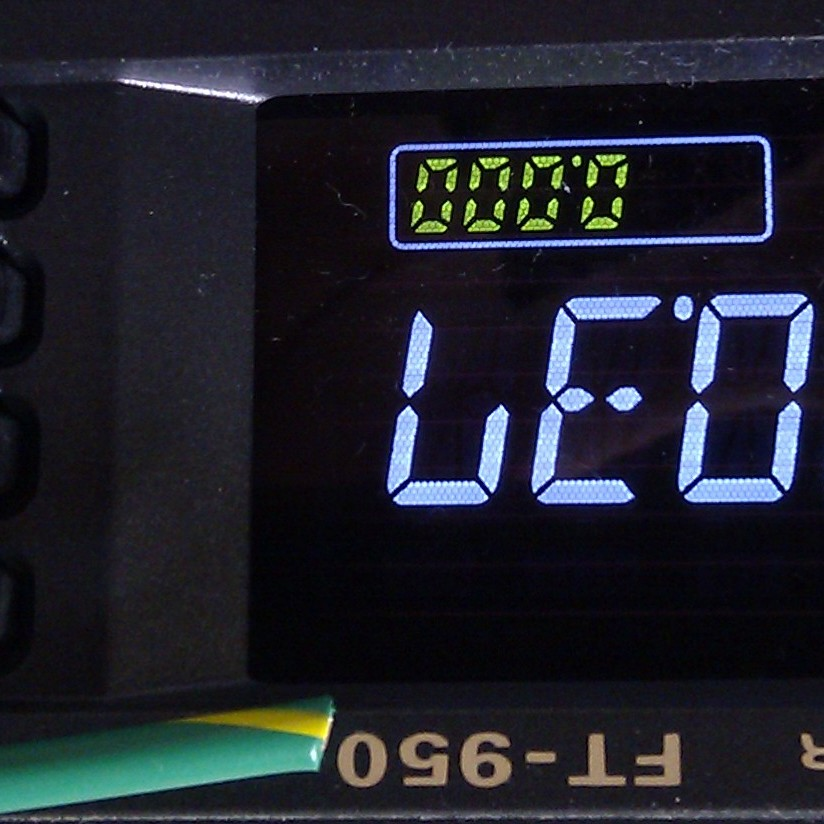We all know and love (!) the leaderboard, but how about a different method?
One can solve a problem with a simple, naive method resulting in a short program and long runtime, or put in lots of explicit optimizations for more code and shorter runtime. (Or if you’re really good, a short, fast program!)
I propose the line-second.
Take the number of lines in your program (eg, 42 lines) and the runtime (eg 0.096 seconds). Multiply these together to get a score of 4.032 line-seconds.
A smaller score is a shorter, faster program.
Similarly, (for a particular solver), a larger score is a “harder” problem.


Lines of code can be arbitrarily reduced, and seconds to solve depends to a large extent on how good my hardware is. So both metrics are useless, and multiplying them makes a useless-squared metric.
I love it!
Here are my stats for the solutions so far (with no optimisation beyond the initial solution):
+-----+-----------+-------+---------------+ | Day | Time (s) | Lines | line-seconds | +-----+-----------+-------+---------------+ | 1 | 0.003 | 35 | 0.098 | | 2 | 0.001 | 47 | 0.042 | | 3 | 0.006 | 60 | 0.348 | | 4 | 0.003 | 41 | 0.115 | | 5 | 0.077 | 74 | 5.708 | | 6 | 0.000 | 45 | 0.001 | | 7 | 0.005 | 87 | 0.395 | | 8 | 10.175 | 60 | 610.476 | | 9 | 0.004 | 31 | 0.128 | | 10 | 0.084 | 103 | 8.634 | | 11 | 0.240 | 49 | 11.771 | | 12 | 2.448 | 93 | 227.633 | | 13 | 0.009 | 83 | 0.707 | +-----+-----------+-------+---------------+